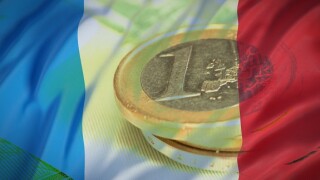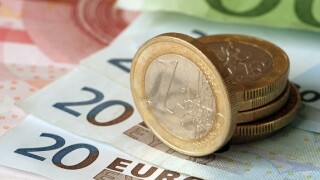Top Section/Ad
Top Section/Ad
Most recent
First Canadian province to visit euros in 2026
◆ Cautious start after spreads moved around ◆ KfW's spread tightens, but Länder unmoved ◆ ‘Real’ Länder-KfW spread yet to be established
German sovereign goes for conventional over green as smaller peers join a crowded Tuesday
Primary market shows strength but pockets of weakness a reminder that ‘1bp could make all the difference’
More articles/Ad
More articles/Ad
More articles
-
The City of Hamburg began taking indications of interest with initial price thoughts for a 30 year bond on Wednesday afternoon ahead of schedule after one of the leads accidentally sent out a message announcing the official opening of order books.
-
The Queensland Treasury Corporation (QTC) announced on Monday that it plans to borrow A$21bn ($15.2bn) during its 2020/21 fiscal year, which runs between July 1 and June 30. Alongside this, the state signalled its intention to look at issuing green, foreign currency and long term debt to complement its benchmark programme.
-
French agency Caisse des Dépôts et Consignations (CDC) hit screens on Monday afternoon with its second ever sustainability bond, following its debut in the format last year.
-
Luxembourg became the first European sovereign to publish a sustainability bond framework this week, breaking the pattern, to which Germany became a notable addition on Wednesday, of governments printing green deals. But sustainability bonds make much more sense for countries large and small.
-
All eyes in the primary euro public sector bond market are fixed on the expected arrival of Germany's green Bund this week, but there were still some other deals announced on Tuesday. Greece is sticking to its plan for a syndicated bond issuance every quarter and Berlin hopes to match the success of its compatriot Land NRW in the 30 year part of the curve.
-










